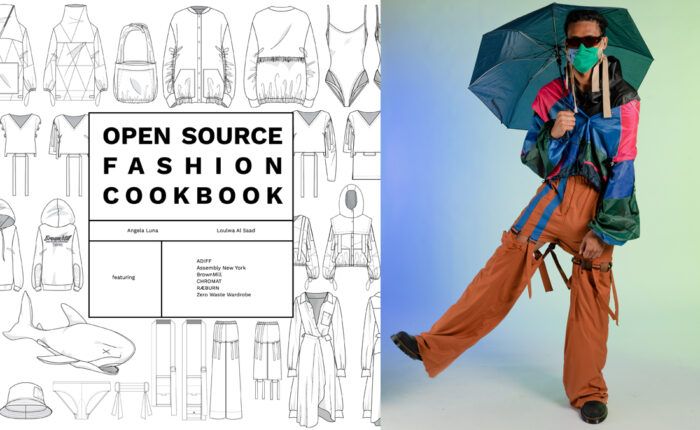
If you’re interested in clothing that’s kind to the planet, fair to its makers, and amazing to look at and wear, there’s a good chance you’ve heard of ADIFF. This female-founded design business focuses on upcycling waste materials and helping refugees. The company’s best-known pieces are the “Trench” and the “Bomber,” jackets that can turn into a tent. For each jacket sold, ADIFF donates a jacket to communities of homeless and displaced individuals. ADIFF’s clothes are manufactured by refugee tailors who have resettled in Greece.
Cook up some new looks
Now, ADIFF cofounders Angela Luna and Loulwa Al Saad have published Open Source Fashion Cookbook (ADIFF, P.B.C., 2021). This full-length volume offers envelope-pushing garment designs for anyone who wants to create a versatile, functional wardrobe. The pieces are mostly modular. They feature bodices with interchangeable sleeves and hoods, and shorts with optional leg extensions for varying their length. The aesthetic is avant-garde and tactical. Plus, you’ll find these designs:
- a bikini brief
- a sporty one-piece bathing suit
- a bucket hat
- an assortment of attachable or wearable pockets
- an anorak-style pullover that converts to a tote bag
- a shark-shaped bag, for when you feel especially fierce.
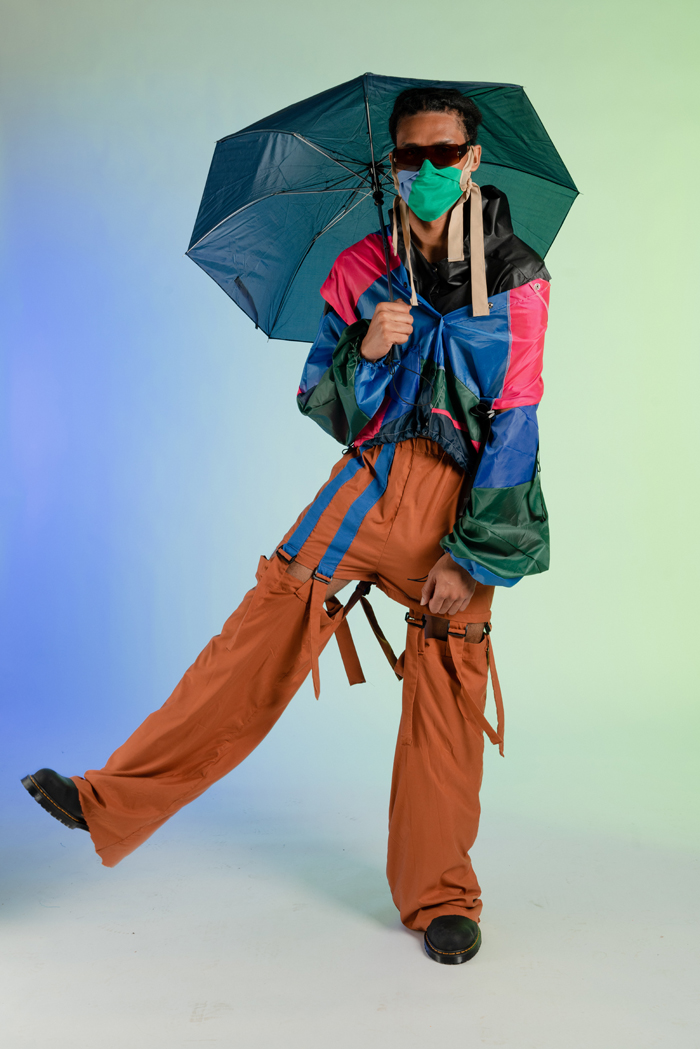
Most of the designs are by ADIFF. Some contributions from other designers include no-sew options. There are pieces by Assembly NY, BrownMill, Chromat, RAEBURN, and Zero Waste Wardrobe. Each brand honors a commitment to sustainability in fashion, and does it with the utmost in contemporary style. The patterns in the book are shown at reduced scale; you can download them as well, at full scale. There are instructions for printing and assembling the downloaded pattern.
Learn about sustainable sewing
The designs alone are worth the price of the book, but there’s more value. The fully illustrated sewing instructions should make it easy for even a novice sewer to create the garments. There’s also a section on how and why to work with upcycled fabrics. You’ll find guidance for turning soft furnishings and used clothing into fabric you can reassemble to make one-of-a-kind textiles. No matter what materials you use, there’s an improvisational nature to making the garments that promises to be fun.
Of equal importance to any conscious sewer are the introductory essays on sustainability, inclusivity, environmental ethics, colonialism, social justice, labor rights, consumption, collaboration vs. competition, and how all these thought-provoking topics intersect with fashion as a cultural, social, and economic concept. The contributors—Angela Luno, Otto von Busch, Timo Rissanen, Céline Semaan, Aditi Mayer, and Sophia Li —are designers, journalists, activists, and teachers. Their writings in the book will bring deeper meaning to your sewing practice. You may be tempted to skip these essays in a (fully justified) rush to get to the patterns. I recommend you go back and read them.
As home sewers, we have a unique skill that enables us to choose whether to avoid fast fashion. Understanding the impact of fashion on the world and its inhabitants (human and others) can help us engage more thoughtfully in all we do. The Open Source Fashion Cookbook shows us how to put our creativity to the best possible use.
Find out more ways you can sew sustainably here.


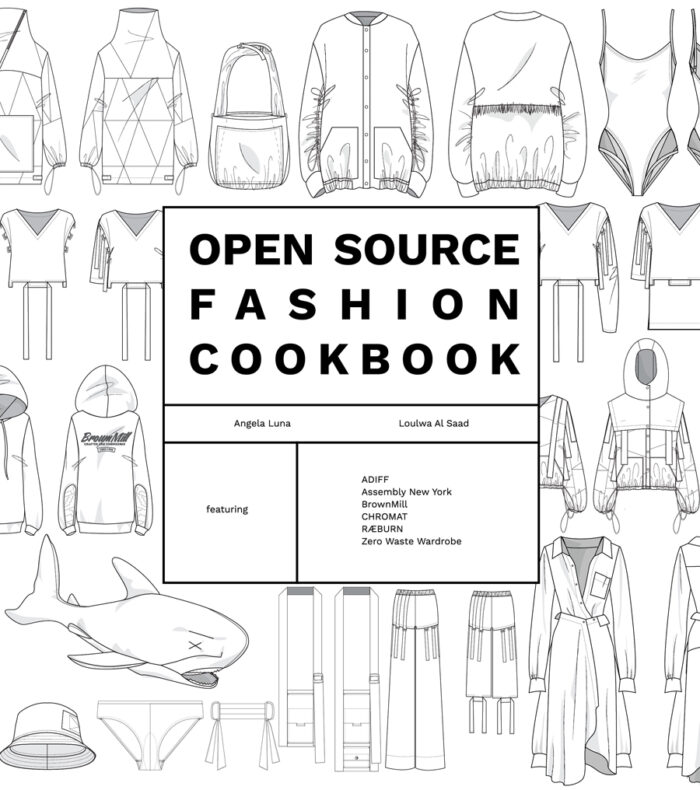







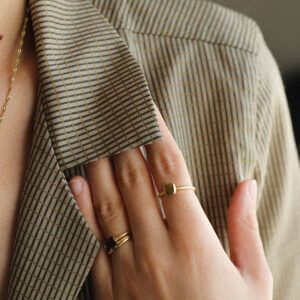
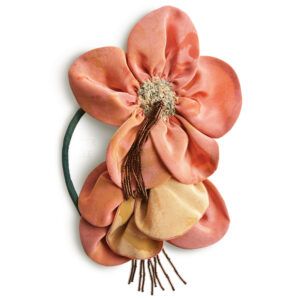
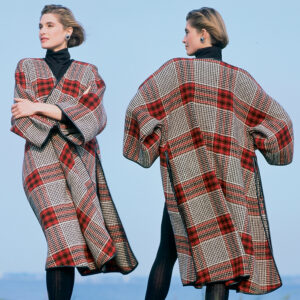
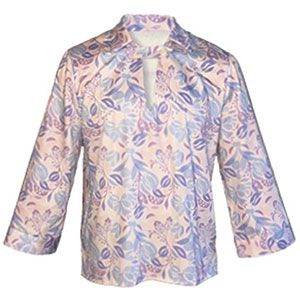
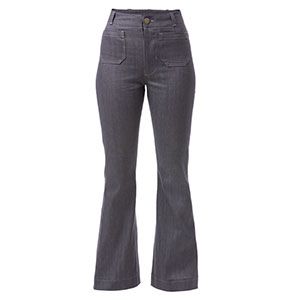
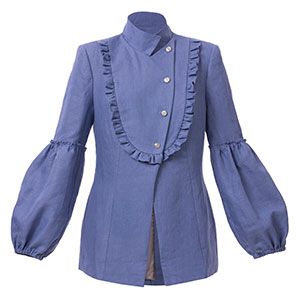
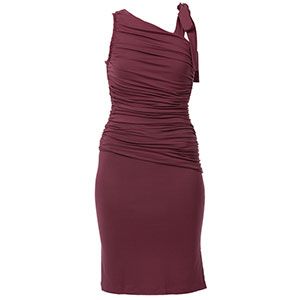
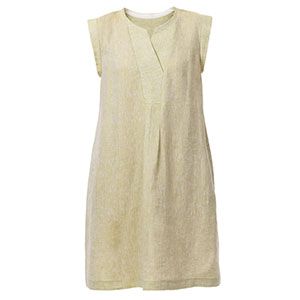
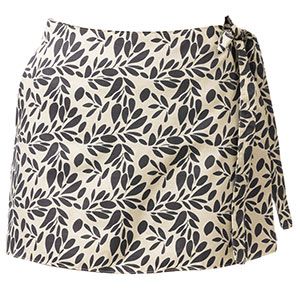
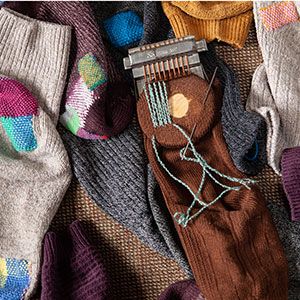
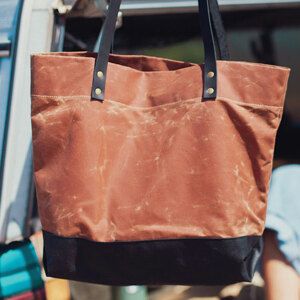
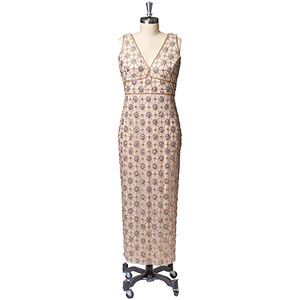
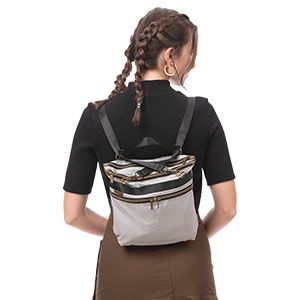
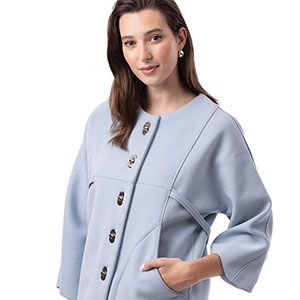
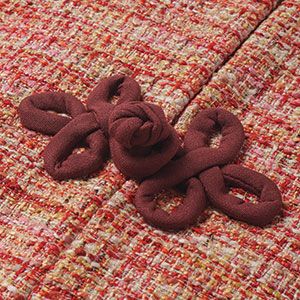
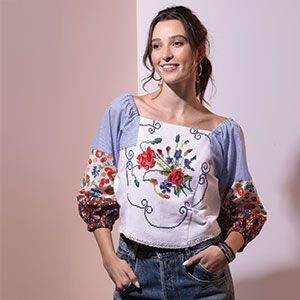

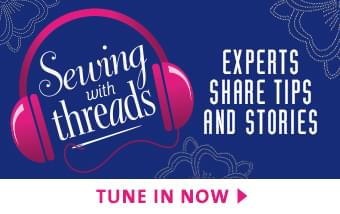

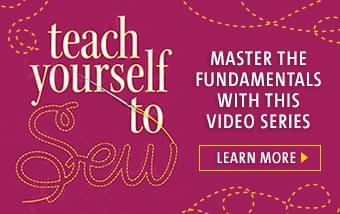



Log in or create an account to post a comment.
Sign up Log in